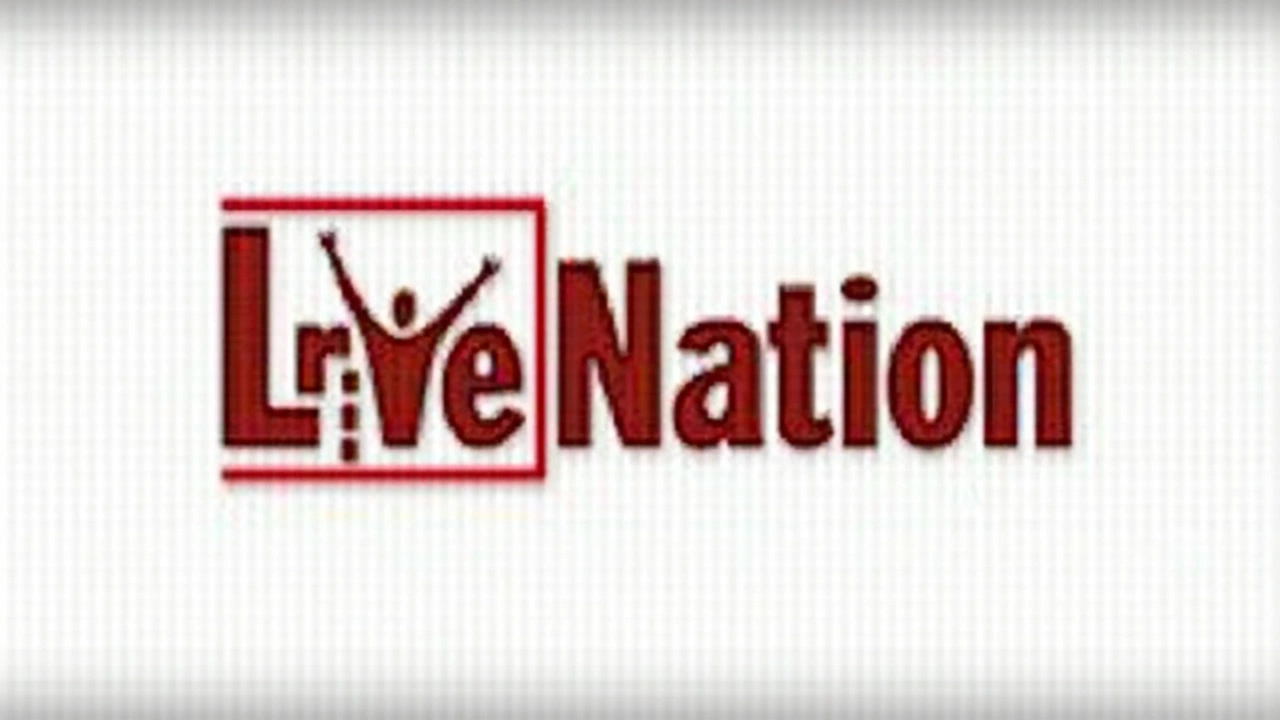Live Nation and Ticketmaster Can't Shake DOJ Antitrust Lawsuit
The battle over who really controls live music in America just took a sharp turn. A U.S. federal judge has told Live Nation Entertainment and Ticketmaster that they must face the full force of a Department of Justice antitrust lawsuit. This is not some regulatory slap on the wrist—this is the government teaming up with 40 state attorneys general and accusing Live Nation of running the show at nearly every big arena and amphitheater in the country.
Things started heating up back in May 2024, when the DOJ filed the lawsuit after gathering evidence that points to monopoly-level control of live concert ticketing. If you've ever wondered why buying tickets feels frustrating, sometimes expensive, and oddly uniform no matter who the artist is, well, here's your answer—Live Nation controls about 80% of ticketing for major venues. And through Ticketmaster, they've also made a serious play in the concert ticket resale market, double-dipping into fans' wallets.
The heart of the lawsuit isn't just about owning the box office. It's about something called 'tying.' The allegation is that Live Nation tells artists: if you want to play in our top venues—like those popular summer amphitheaters—then you have to use us as your concert promoter. Live Nation tried to spin it, claiming that promoters rent venues, not artists, so there's nothing forcing the artist's hand. But Judge Arun Subramanian wasn’t buying that. The court found that artists, not promoters, are driving venue choices. In other words, artists are the ones being cornered, and the claim of coercion looks real enough to send this case to trial.
The court dug into some hard numbers. Internal documents revealed that Ticketmaster provides ticketing for 80% of NBA and NHL arenas. Meanwhile, Live Nation claims promotion duties for 70% of amphitheater shows across the U.S. If you play in one of these spaces, chances are you're doing business with Live Nation—it's less a choice and more an inevitability.
The Stakes Rise as Trump DOJ Pushes Forward
What's especially interesting is this lawsuit is still moving forward under the Trump administration, not only sticking to what started under a different president but showing zero signs of slowing down. The DOJ made it clear: they’re aiming to open the trial in March 2026. They want to see if there really were antitrust violations, and then separately figure out what to do if they prove their point.
The live concert market isn't just about Ticketmaster fees and sold-out shows. Independent promoters and smaller bands have felt squeezed for years, trying to compete against a system where one company has all the best venues, almost all the tickets, and a powerful influence over who gets to play and who gets to promote. Some indie venues and promoters say it's become nearly impossible to break through the wall built by Live Nation's dominance.
So what happens next? The legal teams for both sides are digging in. Live Nation is gearing up to defend business as usual, but the government is painting a picture of an industry where competition barely has a chance. If you’ve bought concert tickets lately and ended up paying more than expected or found your favorite artists' shows only available through Ticketmaster, the outcome of this lawsuit could end up hitting you right in the wallet—or maybe finally offering a break from the familiar frustration.
